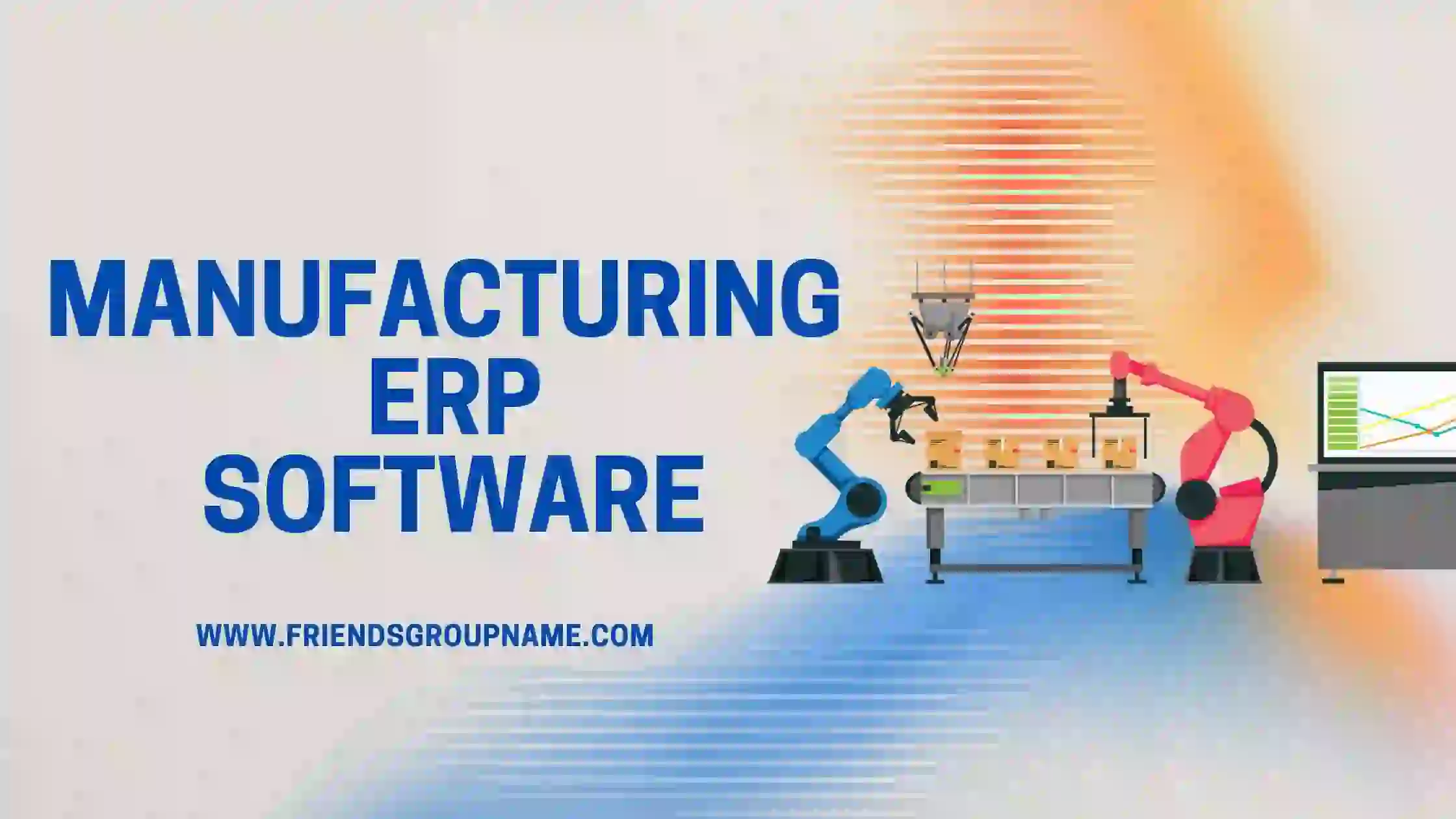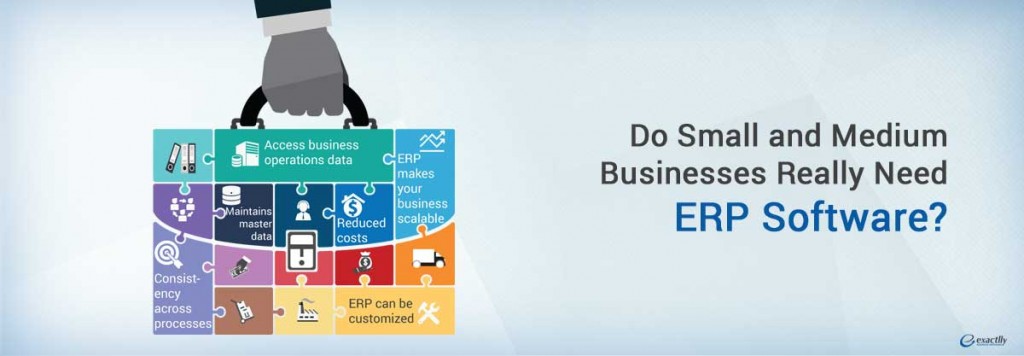Manufacturing ERP Software for Small Businesses: A Comprehensive Guide
Introduction
In today’s competitive manufacturing landscape, small businesses need to leverage every available tool to optimize operations and gain a competitive edge. Enterprise resource planning (ERP) software specifically designed for small businesses can be a game-changer, offering a comprehensive solution for managing all aspects of your manufacturing processes. This article will delve into the world of manufacturing ERP software for small businesses, exploring its advantages, disadvantages, and essential features.
What is Manufacturing ERP Software?
Manufacturing ERP software is a comprehensive software solution that integrates all aspects of manufacturing operations into a single, centralized platform. It provides real-time visibility and control over key business processes, including production planning, inventory management, quality control, and customer relationship management (CRM).
Benefits of Manufacturing ERP Software for Small Businesses
- Improved Production Efficiency: ERP software streamlines production processes, reducing lead times and minimizing waste.
- Enhanced Inventory Management: Real-time inventory tracking prevents stockouts and optimizes inventory levels.
- Improved Quality Control: ERP systems provide tools for tracking and monitoring quality standards, ensuring product consistency.
- Increased Sales and Customer Satisfaction: Integrated CRM functionality enables better customer management, leading to increased sales and improved customer satisfaction.
- Reduced Costs: By automating tasks and optimizing processes, ERP software reduces operational costs and improves profitability.
 .
.
Disadvantages of Manufacturing ERP Software for Small Businesses
- Implementation Costs: ERP software can be expensive to implement and maintain, especially for small businesses with limited budgets.
- Complexity: ERP systems can be complex to implement and require significant training for users to become proficient.
- Data Security: ERP systems contain sensitive business data, so it’s crucial to ensure adequate security measures are in place.
- Integration Challenges: Integrating ERP software with existing systems can be challenging and time-consuming.
- Vendor Dependence: Small businesses may become dependent on the software vendor for support and upgrades.
 .
.
Essential Features of Manufacturing ERP Software for Small Businesses
- Production Planning: Scheduling, capacity planning, and material requirements planning (MRP)
- Inventory Management: Inventory tracking, stock replenishment, and warehouse management
- Quality Control: Inspection planning, quality checks, and non-conformance management
- Customer Relationship Management (CRM): Sales tracking, lead management, and customer support
- Financial Management: General ledger, accounts payable, and accounts receivable
- Reporting and Analytics: Real-time dashboards, performance metrics, and reporting tools
- Mobile Accessibility: Ability to access ERP software from mobile devices for remote management
Choosing the Right Manufacturing ERP Software for Your Small Business
Selecting the right manufacturing ERP software for your small business is crucial. Consider the following factors:
- Business Size and Complexity: Choose software that aligns with the size and complexity of your manufacturing operations.
- Industry-Specific Features: Look for software that offers industry-specific functionality tailored to your manufacturing niche.
- Integration Capabilities: Ensure the software can integrate seamlessly with your existing systems.
- Scalability: Consider the software’s ability to scale as your business grows.
- Vendor Support: Choose a vendor with a strong track record of customer support and ongoing software updates.
Implementation and Best Practices
- Plan Thoroughly: Define clear implementation goals and timelines.
- Engage Stakeholders: Involve all key stakeholders in the implementation process to ensure buy-in.
- Data Migration: Ensure accurate data migration from existing systems.
- Training and Support: Provide comprehensive training for users and ongoing support to maximize software utilization.
- Continuous Improvement: Monitor system performance and make adjustments as needed to optimize efficiency.
Conclusion
Manufacturing ERP software can be a powerful tool for small businesses looking to streamline operations, improve efficiency, and gain a competitive edge. By carefully considering the advantages, disadvantages, and essential features, small businesses can select the right software solution to meet their unique needs. With proper implementation and best practices, manufacturing ERP software can help small businesses achieve significant growth and success.
 .
.

